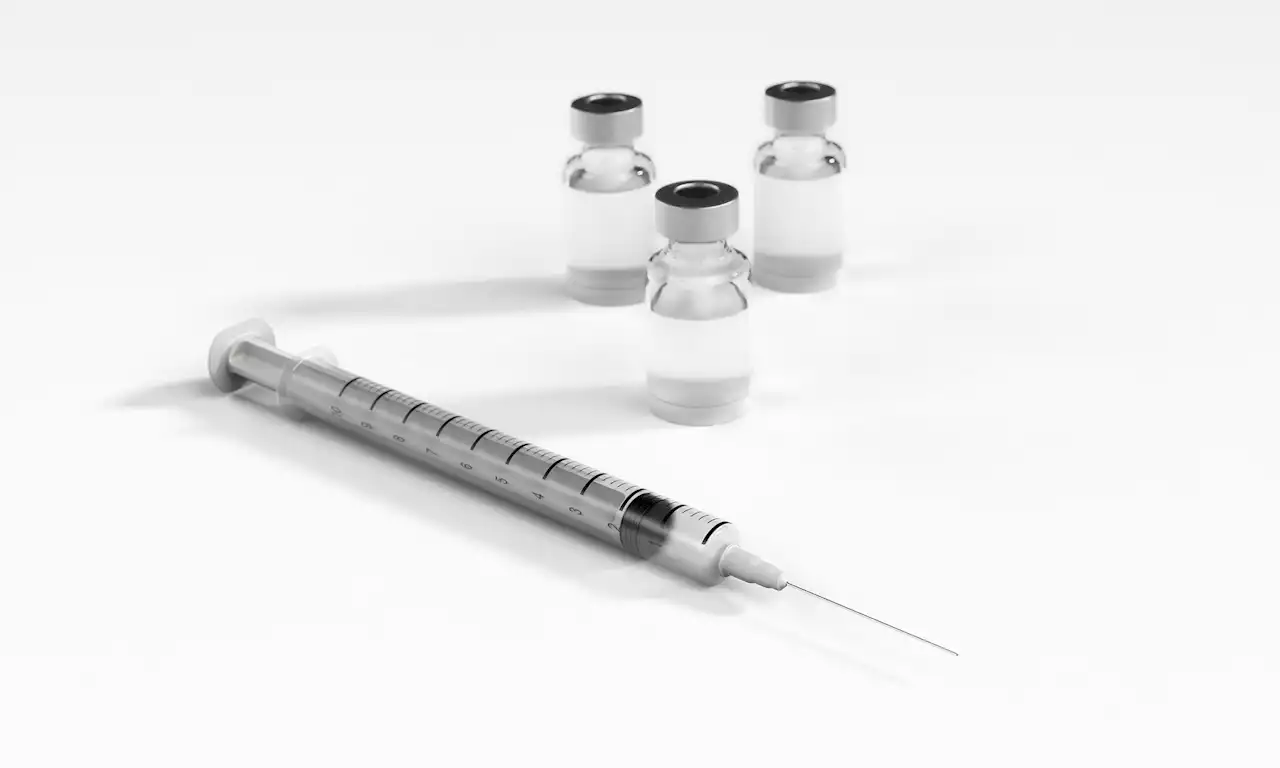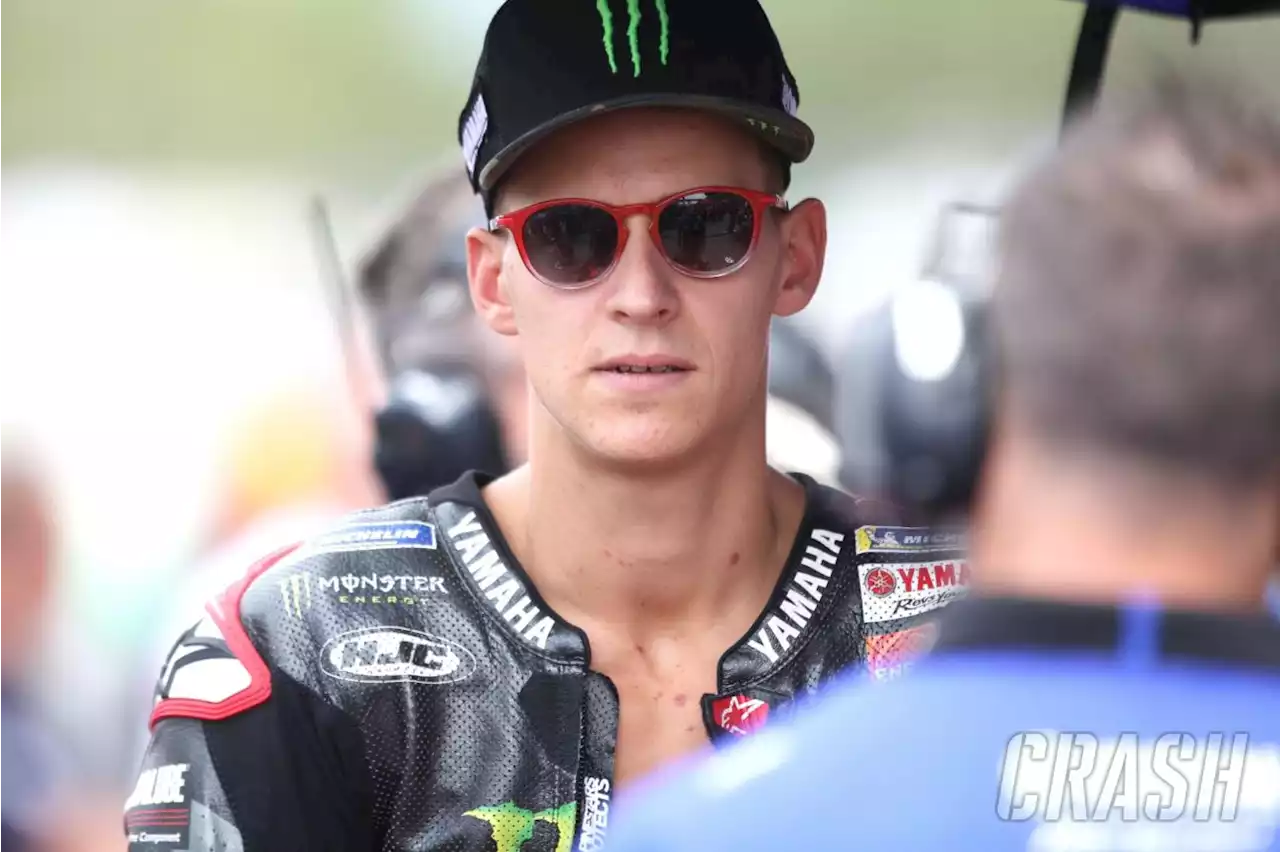A review of COVID-19 studies globally has revealed reductions in breast cancer screening participation during 2020, with differences between geographic regions and health care settings.
"Previous work on modeled evaluations of breast cancer screening, with a focus on tumor stages and mortality as patient outcomes, suggested that scenarios are likely to differ based on region and the organization of screening services," says first author Reagan Lee, a"For this study, we wanted to collate existing available data from different populations on breast screening participation levels before and after the first COVID-19 wave, when restrictions were put in place in...
For instance, it can be performed according to a documented screening policy, following a defined protocol, system of quality assurance, and so on. Population-based screening is a government program that invites all eligible individuals in defined groups to reach most of the population at higher risk of the disease, according to the national screening policy.
Analyzing these studies, the team observed reported reductions in both screening volume and uptake rates among eight countries: Australia, Brazil, Canada, China, Italy, Mexico, the UK and US. For screening uptake, the team then analyzed a total of nine studies that reported breast cancer screening participation levels, representing more than 46,257,402 people across five countries: Belgium, Brazil, New Zealand, the UK and US. They saw considerable variability in change during 2020, ranging from an increase in uptake of 2–8% in the UK to a reduction in uptake of 43.5% in Brazil. In the US, they identified consistent negative changes in screening uptake.
United Kingdom Latest News, United Kingdom Headlines
Similar News:You can also read news stories similar to this one that we have collected from other news sources.
 US drug overdose deaths more than quadrupled from 1999 to 2020, study findsThe United States is experiencing its highest overall death rates in more than a century, fueled in part by drug overdose mortality. The origins of the current epidemic are due, at least in part, to a 1986 World Health Organization pronouncement that pain treatment is a universal right. As such, cancer pain treatment guidelines were developed, which included the provision of opioids. In 1995, OxyContin was approved for the management of pain, paving the way for widespread prescription of opioids.
US drug overdose deaths more than quadrupled from 1999 to 2020, study findsThe United States is experiencing its highest overall death rates in more than a century, fueled in part by drug overdose mortality. The origins of the current epidemic are due, at least in part, to a 1986 World Health Organization pronouncement that pain treatment is a universal right. As such, cancer pain treatment guidelines were developed, which included the provision of opioids. In 1995, OxyContin was approved for the management of pain, paving the way for widespread prescription of opioids.
Read more »
 Vaccination amps up antibody response and cuts down COVID severity, UK study showsUK study reveals COVID-19 vaccination effectively boosts anti-S antibody levels and reduces symptom severity post-infection, irrespective of the viral variant involved. High antibody levels are linked to quicker viral clearance, suggesting reduced transmission risk.
Vaccination amps up antibody response and cuts down COVID severity, UK study showsUK study reveals COVID-19 vaccination effectively boosts anti-S antibody levels and reduces symptom severity post-infection, irrespective of the viral variant involved. High antibody levels are linked to quicker viral clearance, suggesting reduced transmission risk.
Read more »
 Effectiveness of COVID-19 vaccination for babies and young children confirmed in multi-state studyCOVID-19 mRNA vaccination protects babies and young children against COVID-19-associated emergency department/urgent care visits, according to a multistate study from the Centers for Disease Control and Prevention's VISION Network. The study found that children, age five and younger, who received the original COVID-19 vaccine and the updated vaccine were protected against the need for medical care for COVID in an emergency department or urgent care facility.
Effectiveness of COVID-19 vaccination for babies and young children confirmed in multi-state studyCOVID-19 mRNA vaccination protects babies and young children against COVID-19-associated emergency department/urgent care visits, according to a multistate study from the Centers for Disease Control and Prevention's VISION Network. The study found that children, age five and younger, who received the original COVID-19 vaccine and the updated vaccine were protected against the need for medical care for COVID in an emergency department or urgent care facility.
Read more »
 Quartararo: 'Asked since 2020 for changes to bike, Yamaha don't want to risk'After another frustrating race stuck behind slower riders, Fabio Quartararo will switch his focus to 2024 during Monday’s Misano MotoGP test.
Quartararo: 'Asked since 2020 for changes to bike, Yamaha don't want to risk'After another frustrating race stuck behind slower riders, Fabio Quartararo will switch his focus to 2024 during Monday’s Misano MotoGP test.
Read more »
 Bengals, Higgins won't negotiate during seasonWR Tee Higgins, the Bengals' 2020 second-round pick, has recorded 19 touchdowns in three seasons.
Bengals, Higgins won't negotiate during seasonWR Tee Higgins, the Bengals' 2020 second-round pick, has recorded 19 touchdowns in three seasons.
Read more »
